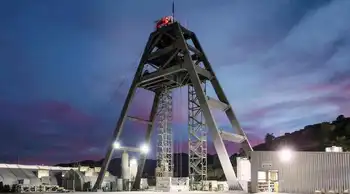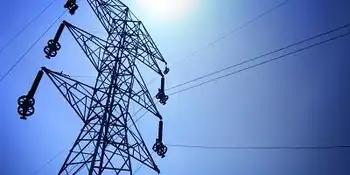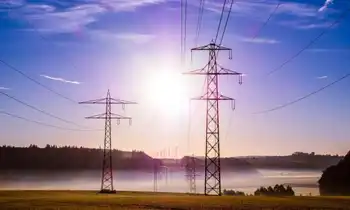China shuts down two 100MW coal plants
The cooling tower, measuring 70 meters tall and 80 meters in diameter, was dismantled after an order given by Yun Gongmin, the new General Manager of China Huadian Corporation (Beijing).
So far, China Huadian has shut down 300 megawatts (MW) of small thermal power units in Yunnan province ahead of schedule, accounting for 28.6% of the total installed capacity scheduled to be shut down in Yunnan during the 11th Five-Year Plan (2006-10).
Accelerating the shutdown of small thermal power units is an important measure to realize scientific and clean development in the electric power industry of China, and for energy conservation and emissions reduction, Zhang Guobao, Director of the State Energy Bureau, said at the ceremony.
The plant was a key project built during China's First Five-Year Plan. On May 31, the two 100-MW units at the plant were disconnected from the grid, more than two years ahead of schedule. This is also the second batch of small thermal power units shut down by China Huadian in Yunnan following the shutdown of four 25-MW coal-fired units at the Huadian Xunjiansi Power Plant in June 2007.
The shutdown of the two units could help China Huadian reduce the sulfur dioxide emissions by 12,000 metric tons, soot by 990 metric tons and nitride by 2,614 metric tons per year. It would also save up to 300,000 metric tons of standard coal every year by converting its equivalent output to a 600-MW unit.
Related News

"It's freakishly cold": Deep freeze slams American energy sector
CALGARY - A deep freeze is roiling electricity markets in more than a dozen U.S. states, leading to record-setting prices for electricity and natural gas, knocking oil production off line and shutting down some of North America’s largest refineries.
“It’s freakishly cold,” said Eric Fell, a senior natural gas analyst with Wood Mackenzie in Houston, where record cold temperatures and snow have blanketed the city, caused rolling power outages, shut down refineries and sent both natural gas and electricity prices soaring.
'It’s freakishly cold': Deep freeze slams North American energy sector
The polar vortex has led to freezing temperatures in…





